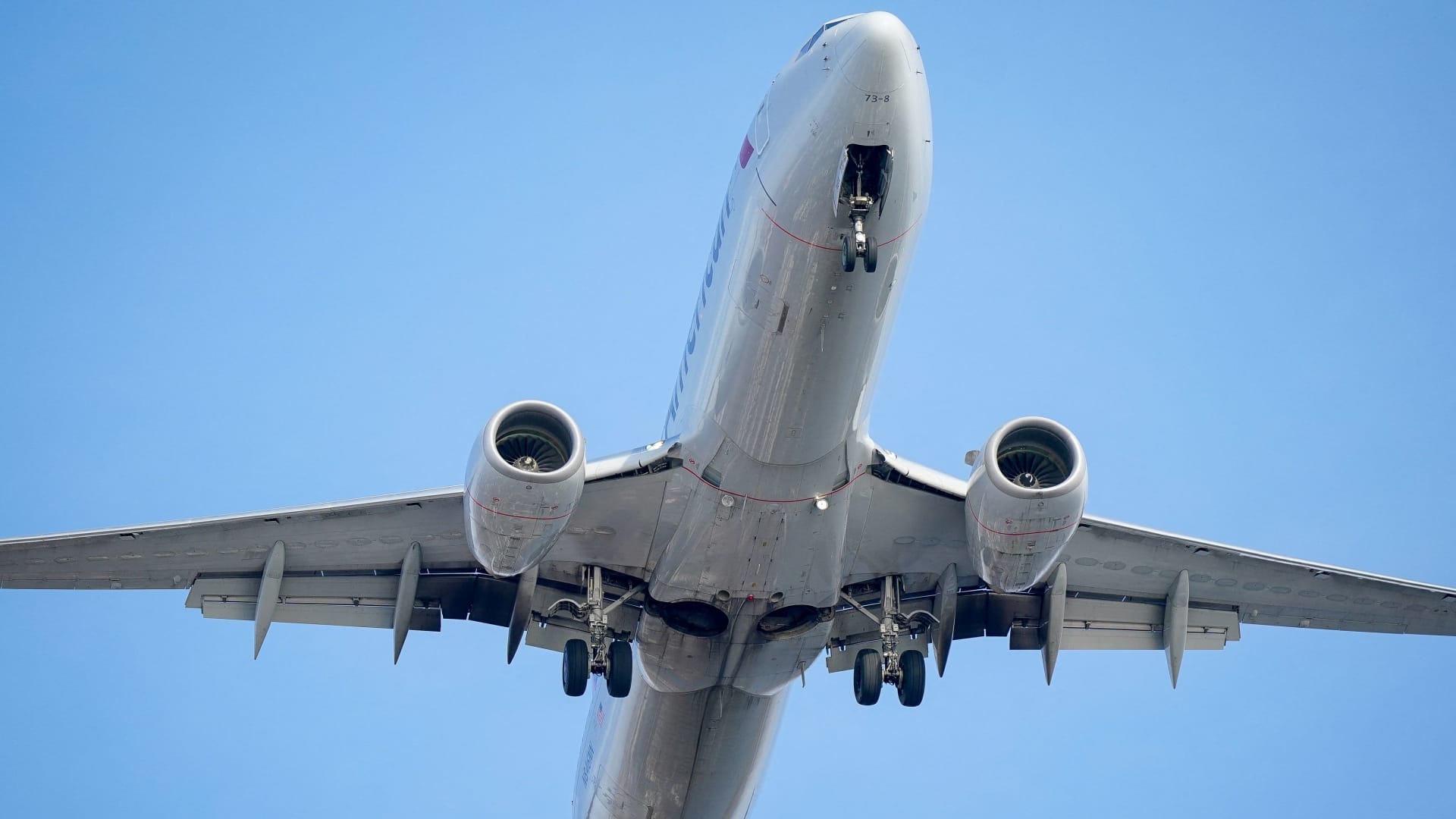
Covid-related international travel restrictions continue to wane.
[ad_1]
Anguilla, a tiny British overseas territory in the eastern Caribbean Sea, is preparing to ease its pandemic-related travel restrictions, following the lead of dozens of countries that have dropped testing and vaccination requirements, anxious to rebuild tourism and their economies.
This month, the British Virgin Islands, Belize and Australia also eased requirements for visitors. And most of the world’s countries are now open to visitors from the United States, which in June lifted its testing requirement for inbound travelers.
Some countries that closed their borders to tourists at the beginning of the pandemic have done away entirely with requirements for travelers, including the United Kingdom, Iceland and Sweden.
The shift comes even as the Omicron subvariant known as BA.5 has led to a surge in cases in the United States, Western Europe, Japan, Australia and other countries. However, that has occurred mostly without any commensurate surge in deaths, which experts link to more widely available vaccines and Covid-19 treatments, as well as at least some immunity conferred by prior infections.
Erika Richter, vice president of communications at the American Society of Travel Advisors, a trade group, said that travel was continuing to increase as more countries dropped restrictions. In the United States, travel is approaching prepandemic levels, according to Transportation Security Administration checkpoint metrics.
Read More on the Coronavirus Pandemic
“We have seen since the beginning of the pandemic that travelers who wanted to travel would go through the hoops; they would do what was necessary to travel and to do that trip,” Ms. Richter said. “As more countries lift their restrictions, more people who may have been on the fence and may not have been in that ‘I’ll do whatever it takes’ category are now in the ‘Let’s go’ category.”
Travel restrictions proliferated at the start of the pandemic, as nations tried to keep the coronavirus and its variants at bay. But many were, in the end, no match for the virus’s ability to spread and mutate.
“Travel restrictions make sense when there is a big difference between prevalence and risk when you’re going between points A and B,” William Hanage, an epidemiologist at the Harvard T.H. Chan School of Public Health, told The New York Times last month, when the United States dropped its testing requirement for incoming air travelers. “If there isn’t a big difference, then they are not particularly valuable,” he said.
With the summer travel season underway, even more countries are dropping restrictions.
Anguilla’s Ministry of Health said in a statement last week that starting on Aug. 8, the Caribbean island would no longer require vaccinated travelers to provide a negative coronavirus test before their trip. Unvaccinated travelers, who were previously not allowed to enter the country, will be allowed to visit as of Aug. 8 if they provide a negative coronavirus test before departure.
Last week, the British Virgin Islands dropped all of its testing requirements and said arriving travelers would no longer be screened for the coronavirus. Previously, all visitors over age 5, regardless of their vaccination status, had to present a negative coronavirus test taken within 48 hours of arrival.
Belize last week also dropped its requirement that visitors provide a negative coronavirus test or proof of vaccination. Foreign tourists are no longer required to show proof of having purchased Belize travel insurance.
Earlier this month, Australia, which had fully closed to foreign tourists in the first years of the pandemic, dropped its vaccination requirements for visitors, having already dropped its testing rule. States or territories in Australia may have their own requirements for testing and quarantine, and face masks are still required on flights into and within the country.
The Centers for Disease Control and Prevention provides a four-tier ranking for coronavirus risk in other countries, with the highest “Level 4” ranking for countries that have “special circumstances,” including the threat of collapse to the health care infrastructure and extremely high case counts. The C.D.C.’s list currently has no countries so designated.
[ad_2]
Source link


